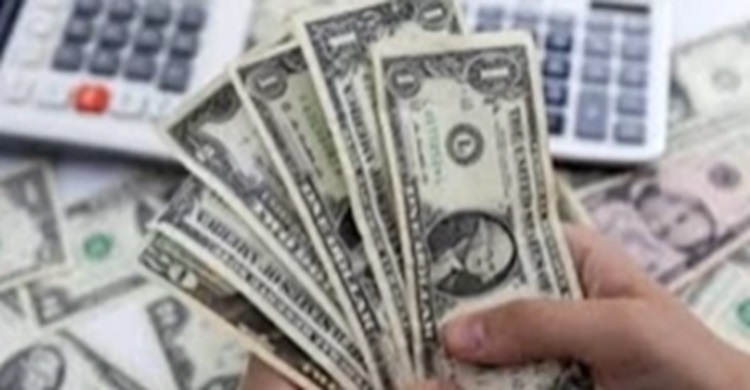Adviser Salehuddin defends central bank’s $2 bln dollar market mop-up


Finance Adviser Dr Salehuddin Ahmed on Tuesday defended Bangladesh Bank’s recent move to mop up nearly $2 billion from the market, saying the central bank was right to keep the exchange rate stable even as demand for the US dollar has temporarily eased.
Speaking to reporters after meetings of the Advisors Council Committee on Government Purchase and the Advisors Council Committee on Economic Affairs, he acknowledged concerns that importers—particularly those bringing in raw materials and capital machinery—might feel pressured by the central bank’s stance.
“Some argue that if demand for the dollar goes down, the price should also fall. But if we let the exchange rate slide without restraint, it will send a bad signal to those who send remittances. Remittances are one of our strongest lifelines and we have to keep their interests in mind,” he said.
Dr Salehuddin stressed the importance of maintaining sufficient reserves for emergencies.
“Our reserve position is not yet self-sufficient. Suppose there is a crop failure—we would need to import immediately. What would we do then if we don’t have the cushion? Foreign exchange is not only for imports; it also provides a safeguard against unforeseen shocks,” he noted.
He recalled the challenges of 2007-08 when Bangladesh weathered global and domestic pressures with the help of reserve buffers. “That experience reminds us why the central bank is acting prudently now.”
Bangladesh Bank has recently stepped up efforts to stabilise the forex market purchasing nearly $2 billion from commercial banks.
According to BB data, total dollar purchases through auctions have already reached $1.74 billion in the current fiscal year.
Stronger remittances and exports, along with the central bank’s buying spree, have lifted reserves to $25.67 billion as of September 11, according to IMF calculations—up from $24.50 billion a year earlier.
In the three years leading up to FY2024-25, the central bank sold over $25 billion from reserves to pay for fuel, fertiliser, and food imports.
But after the fall of the Awami League-led government in August last year, it suspended dollar sales for government imports, citing depleted reserves.
In May, BB adopted a floating exchange rate regime to meet IMF loan conditions, a year after introducing a crawling peg.
